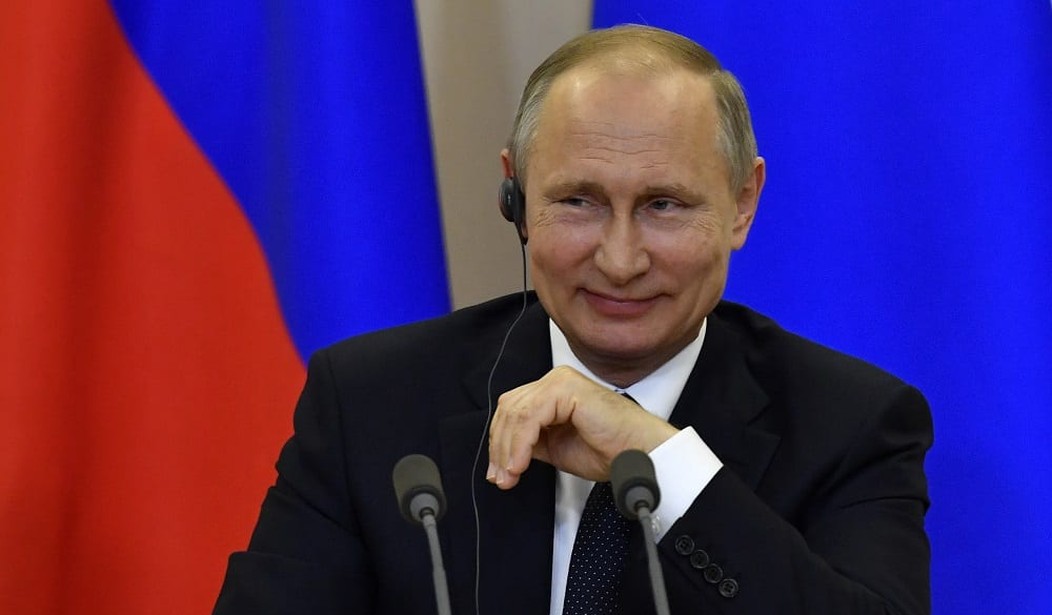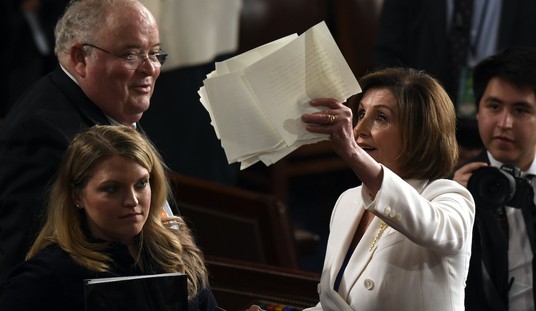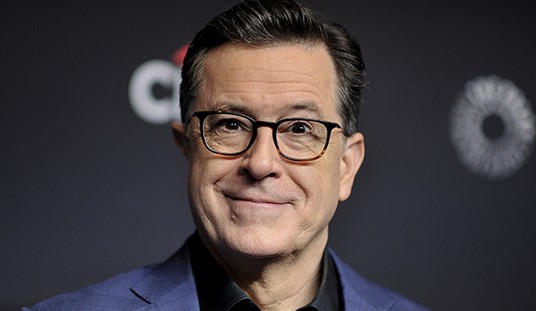An official report from the Senate Select Committee on Intelligence was just released detailing the Obama administration’s lack of response (“paralysis”) to Russian election interference in 2016, and the conclusions are damning.
Remember Obama’s public silence about Russian interference beforehand in the 2016 elections and how that changed dramatically after the election when it became politically expedient to blame the Russians? Here is a post mortem from open sources in 2017 speculating about what the Obama administration knew and did or did not do about that Russian interference. The problems were known then and are finally officially confirmed by the SSCI report.
The Obama administration received multiple warnings from national security officials between 2014 and 2016 that the Kremlin was ramping up its intelligence operations and building disinformation networks it could use to disrupt the U.S. political system, according to more than half a dozen current and former officials.
On Oct. 7, 2016, about a month before the election, the administration revealed, through a statement from the director of national intelligence and the Department of Homeland Security, that the U.S. government believed Russia was behind the hacks and was seeking to interfere with the election.
But others in the national security community say an overly cautious Obama White House could have done more both during the campaign and in the previous months and years to alert Russia that it was aware of its intentions to subvert the U.S. democracy — along with those of some other Western countries — and would retaliate forcefully at the first sign of Russian interference.
Those concerns and suspicions were warranted as the SSCI report details. What did the Obama administration do? Apparently not very much. Here are the findings from the report:
1. (U) The Committee found that the U.S. Government was not well-postured to counter Russian election interference activity with a full range of readily-available policy options. One aspect of the administration’s response – high-level warnings of potential retaliation – may or may not have tempered Moscow’s activity. The Committee found that after the warnings, Russia continued its cyber activity, to include further public dissemination of stolen emails, clandestine social media-based influence operations, and penetration of state voting infrastructure through Election Day 2016.
2. U) The Committee found that the administration was constrained in its response to Russian meddling by (1) the heavily politicized environment; (2) the concern that public warnings would themselves undermine public confidence in the election, thereby inadvertently helping the Russian effort; (3) the unknown extent to which the Russians could target and manipulate election systems; (4) the delay in definitive attribution of some efforts to Russia; (5) the time and resources required to compose policy options prior to execution; and (6) challenges in how to address WikiLeaks. These constraints affected the response options available, as well as the timing and sequencing of their implementation.
3. [REDACTED] The Committee found that policymakers in 2016 were not concerned with Russian electoral interference directly targeting the United States until [REDACTED] CIA Director John Director Brennan reported [REDACTED] information through a series of oral briefings to a restricted group of senior policymakers. Intelligence on Russian activity related to the U.S. election before [REDACTED] was limited, and the Committee saw no evidence that policymakers with access to intelligence reports were focused on the election threat before [REDACTED].
4. (U) The Committee found that the administration handled the cyber and geopolitical aspects of the Russian active measures campaign as separate issues until August 2016. The Committee believes this bifurcated approach may have prevented the administration from seeing a more complete view of the threat, limiting its ability to respond.
5. (U) The Committee found that decisions to limit and delay the information flow regarding the 2016 Russian active measures campaign, while understandable, inadvertently constrained the administration’s ability to respond.
Here are the recommendations from the report:
1. (U) Strengthen Partnerships
(U) The executive branch should bolster partnerships with Russia’s “near abroad.” Russia uses countries on its periphery as a laboratory for refining its active measures campaigns. The United States should establish and expand partnerships with those countries to identify new Russian active measures and assist these partners’ ability to defend against them. Such partnerships will help to prepare defenses for the eventual expansion of interference techniques targeting the West.
2. (U) Support Cyber Norms
(U) The United States should lead the way on creating international cyber norms. Russia and China are actively promoting their view of cyber norms to international forums, redefining the cyber battlefield and writing the rules in their favor. Much as with other agreements, U.S. leadership is needed to balance any formalized international agreement on acceptable uses of cyber capabilities.
3. (U) Prepare for the Next Attack
(U) The executive branch should be prepared to face an attack on U.S. elections in a highly politicized environment either from the Russia or from elsewhere. This preparation should include developing a range of standing response options that can be rapidly executed, as appropriate, if a clandestine foreign influence operation is directed at the United States.
(U) The DNL, as the country’s senior intelligence representative, should provide a regular, apolitical assessment of foreign intelligence threats to U.S. elections, including clandestine foreign influence campaigns, prior to regularly scheduled federal elections, as first proposed in Section 608 of the Intelligence Authorization Act for Fiscal Year 2018, S. 1761 (115th Cong .. 1st Sess.) (introduced Aug. 18, 2017).
(U) Executive and legislative branch officials, regardless of party affiliation, should jointly and publicly reinforce the DNl’s findings, particularly if a foreign influence effort is directed at specific candidates seeking office.
(U) The President of the United States should take steps to separate himself or herself from political considerations when handling issues related to foreign influence operations. These steps should include explicitly putting aside politics when addressing the American people on election threats and marshalling all the resources of the U.S. Government to effectively confront the threat.
(U) Sitting officials and candidates should use the absolute greatest amount of restraint and caution if they are considering publicly calling the validity of an upcoming election into question. Such a grave allegation can have significant national security and electoral consequences, including limiting the response options of the appropriate authorities, and exacerbating the already damaging messaging efforts of foreign intelligence services.
4. (U) Integrate Responses to Cyber Incidents
(U) Cyber events, especially those undertaken by a nation state that go beyond traditional intelligence collection, must be assessed within the geopolitical context to identify and understand both the potential intent and impact of an attack. Current and future administrations should align and synchronize cyber as an integral part of foreign policy activity, rather than treating cyber as an isolated domain.
5. (U) Prioritize Collection on Information Warfare
(U) The IC should prioritize resources to better collect on and analyze information warfare and the influence capabilities of hostile nations. The IC should also contextualize cyber events with this information to better understand adversary capability and intent.
6. (U) Increasing Information Sharing on Foreign Influence Efforts
(U) Once credible information is obtained about a foreign influence or active measures operation, that information at the appropriate classification level should be shared as broadly as appropriate within government, including Congress, while still protecting sources and methods. This information should also be shared with relevant state and local authorities, and relevant private sector partners, as appropriate. For operations specifically targeting election infrastructure and systems, federal engagement with state and local election officials, as well as relevant private sector partners, must be substantive and timely.
(U) In the event that such a campaign is detected, the public should be informed as soon as possible, with a clear and succinct statement of the threat, even if the information is incomplete. Delaying the release of information allows inaccurate narratives to spread, which makes the task of informing the public significantly harder. Mechanisms for issuing public warnings related to threats to elections should be put in place to allow for any warning to be made in a timely and non-partisan manner.
7. (U) Clarify Roles, Responsibilities, and Authorities
(U) The lack of clear authorities and responsibilities within the IC for detecting and mitigating Russian influence operations conducted via social media inhibited the ability to provide early warning to policymakers, or quickly formulate a complete set of response options. The Committee addresses its findings and recommendations regarding election security and social media in separate volumes of this report.
So the Obama administration was “constrained by the political environment” from doing what needed to be done? Yeah, I’ll bet, given that they were running the illegal Crossfire Hurricane Russian counter-intelligence operation against the Trump campaign! They were tipped on the potential for Russian election interference as early as 2014 and did nothing about it. In essence, they used the potential for that interference to gin up a false-flag type operation against the main Democrat opponent in 2016. Apparently, nobody really cared about that interference until AFTER the election when that interference was falsely spun against President Trump for partisan Democrat purposes – the Russian collusion hoax – that led to a 2-year special counsel investigation.
And they would have all gotten away with it had not President Trump been elected. The Russians ALWAYS meddle in US elections – along with many other countries. It is in their national interests to do so, but it’s absurd to believe that the six Russian GRU officers plus the ~$600K investment in a Russian internet company somehow changed the outcome of the 2016 election, as Democrats continue to claim.
The reality is that the DNC, Hillary Clinton campaign, her paid foreign operatives doing opposition research on the Trump campaign, the legacy media, and the social media giants were the real culprits who sowed division and distrust while de-legitimizing the American electoral process in 2016. Too bad the SSCI report didn’t look into that, too!
The end.














Join the conversation as a VIP Member